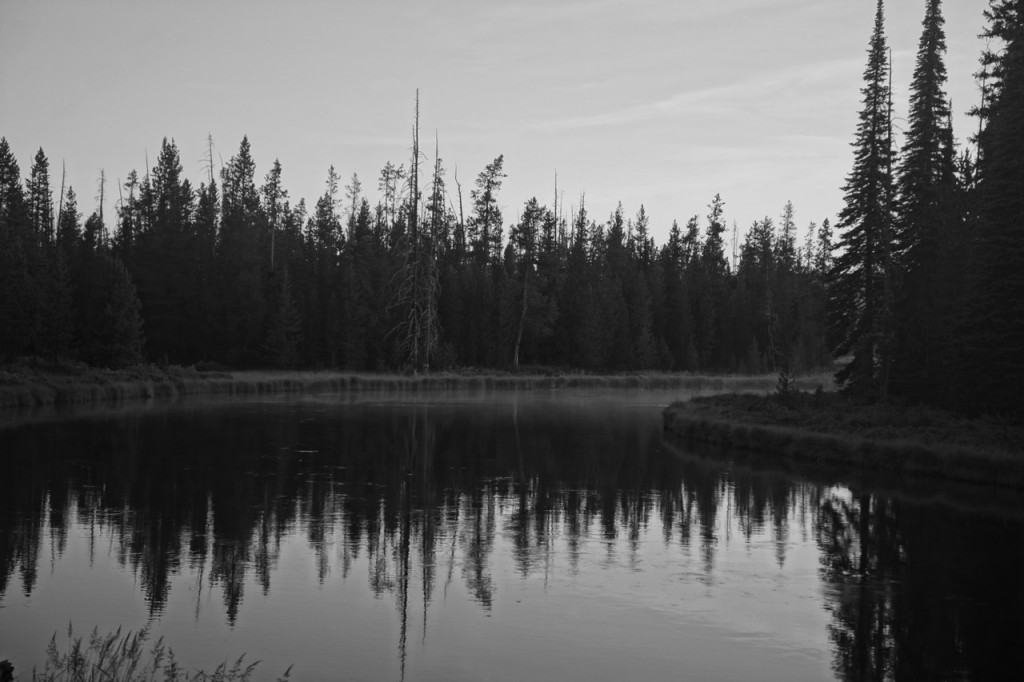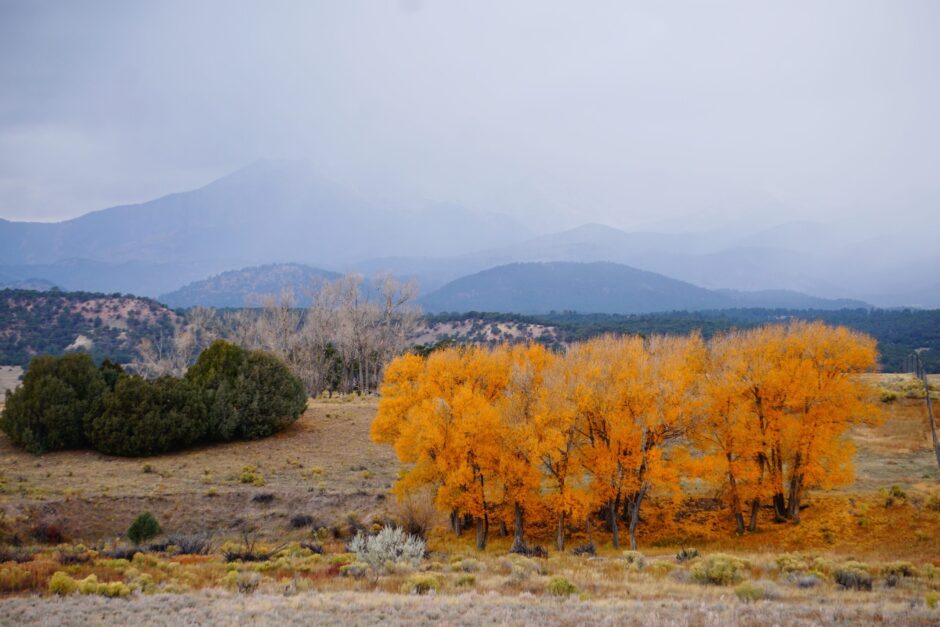So on this snowy morning it’s a sad day to hear of the passing of Kent Haruf, author of Plainsong (1999), Eventide (2004), and Benediction (2013), among others. (For more details, see a piece in the Washington Post, here.) Although I didn’t know him well, I’m glad to be able to say I had met him a few times, and was friends with Kent. I brought him to campus for a writerly visit once, and we struck up a casual friendship then. He was kind and thoughtful with the students, though he also told me he was glad to be retired from teaching. I remember when he read to a full lecture hall of students he skipped using the lectern, and just walked around and was friendly with people. Some terrorist events were in the press at the time and he went out of his way to mention how he’d done a stint in the Peace Corps years ago, in Turkey, in a small Muslim village, and how kind and respectful he had found their culture to be.
I first learned of Kent’s fiction when Fritz Lanham, the great former book editor at the Houston Chronicle, assigned me the novel Plainsong to review. It’s a beautiful book and I’ve since read all of his. As is mentioned in the article about his death, it appears that we will have one more novel to add to his impressive body of work, to be published next summer apparently, Our Souls at Night. That’s a fine send-off for a great man. We met a couple times for lunch at a coffee shop in Salida, Colorado, near which he had a home in the mountains—as I do, too. He told me about being shocked to discover a hunter had shot a deer not far from his mountainside property, and how even the local game warden was incensed that anyone would hunt so close to other people’s homes. One of the finest moments I remember in his fiction occurs in Eventide, describing some down-and-out characters at the local supermarket in his fictional small town of Holt, Colorado, which was based on towns in northeast Colorado where Haruf had taught high school and had family. In the scene the people using food stamps to buy their groceries are aware of the judgmental looks from the other people in line, and there’s a subtlety and nuance in the depiction of the moment that only the highest literary art can achieve. His work isn’t loud and histrionic, like a Gone Girl type of thing, but is elegiac, insightful, and noted for a loveliness in austerity. That doesn’t mean there isn’t trouble: The Ties That Bind ends with the local ne’er do well essentially “winning,” and the good man being tied up in his home at the end of the book. He always had a surprise up his sleeve, and I would bet he can show us some new wrinkle of understanding and beauty in this last book.
Kent was one of our great 21st century Western writers, a voice who elevated the plains of eastern Colorado, a place he described this way: “It’s not pretty, but it’s beautiful.”

- October 2023
- September 2023
- September 2021
- April 2020
- September 2019
- May 2019
- August 2018
- February 2018
- January 2018
- October 2017
- August 2017
- June 2017
- May 2017
- March 2017
- February 2017
- November 2016
- October 2016
- May 2016
- April 2016
- March 2016
- February 2016
- January 2016
- November 2015
- October 2015
- September 2015
- June 2015
- May 2015
- April 2015
- March 2015
- December 2014
- September 2014
- August 2014
- May 2014
- March 2014
- February 2014
- January 2014
- December 2013
- November 2013
- October 2013
- September 2013
- August 2013
- July 2013
- June 2013
- May 2013
- April 2013
- March 2013
- February 2013
- January 2013
- December 2012
- November 2012
- October 2012
- September 2012
- August 2012
- July 2012
- June 2012
- May 2012
- April 2012
- March 2012
- February 2012
- January 2012
- December 2011
- November 2011
- October 2011
- September 2011
- August 2011
- July 2011
- June 2011
- May 2011
- April 2011
- March 2011
- February 2011
- January 2011
- December 2010
- November 2010
- October 2010
- September 2010
- August 2010
- July 2010
- June 2010
- May 2010
- April 2010
- March 2010
- February 2010
- January 2010
- December 2009
- November 2009
- October 2009
- September 2009
- August 2009
- July 2009
- June 2009
- May 2009
- April 2009
- March 2009
Recent Posts
- Aliens Among Us: Probing Hillbillies and Freaking Shut-ins, How Netflix’s “Encounters” and Hulu’s “No One Will Save You” Prep Us for the Coming Alien Apocalypse, Kind of
- My Life as a Bob Odenkirk Character: On How Watching Netflix’s Black Mirror episode “Joan Is Awful” Mimicked My Experience of Watching the AMC series Lucky Hank
- “Bobcats, Bobcats, Bobcats”: Animal Life and a Tribute to “Modern Family”
- “The North Water”: This Ain’t Your Daddy’s Moby Dick
- Day 25: On David Quammen's "Spillover": Terrific Book That Foretold Our Pandemic, Kind of
Recent Comments
No comments to show.
